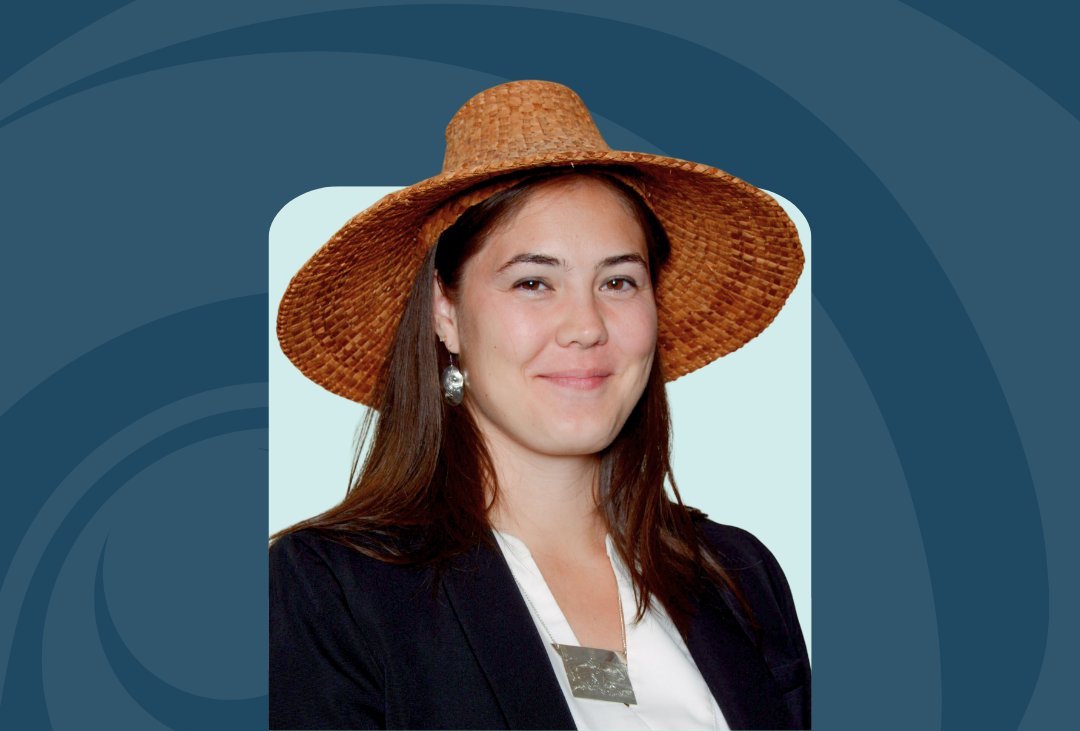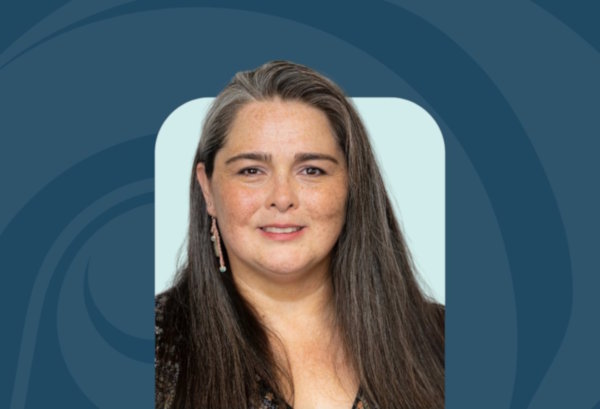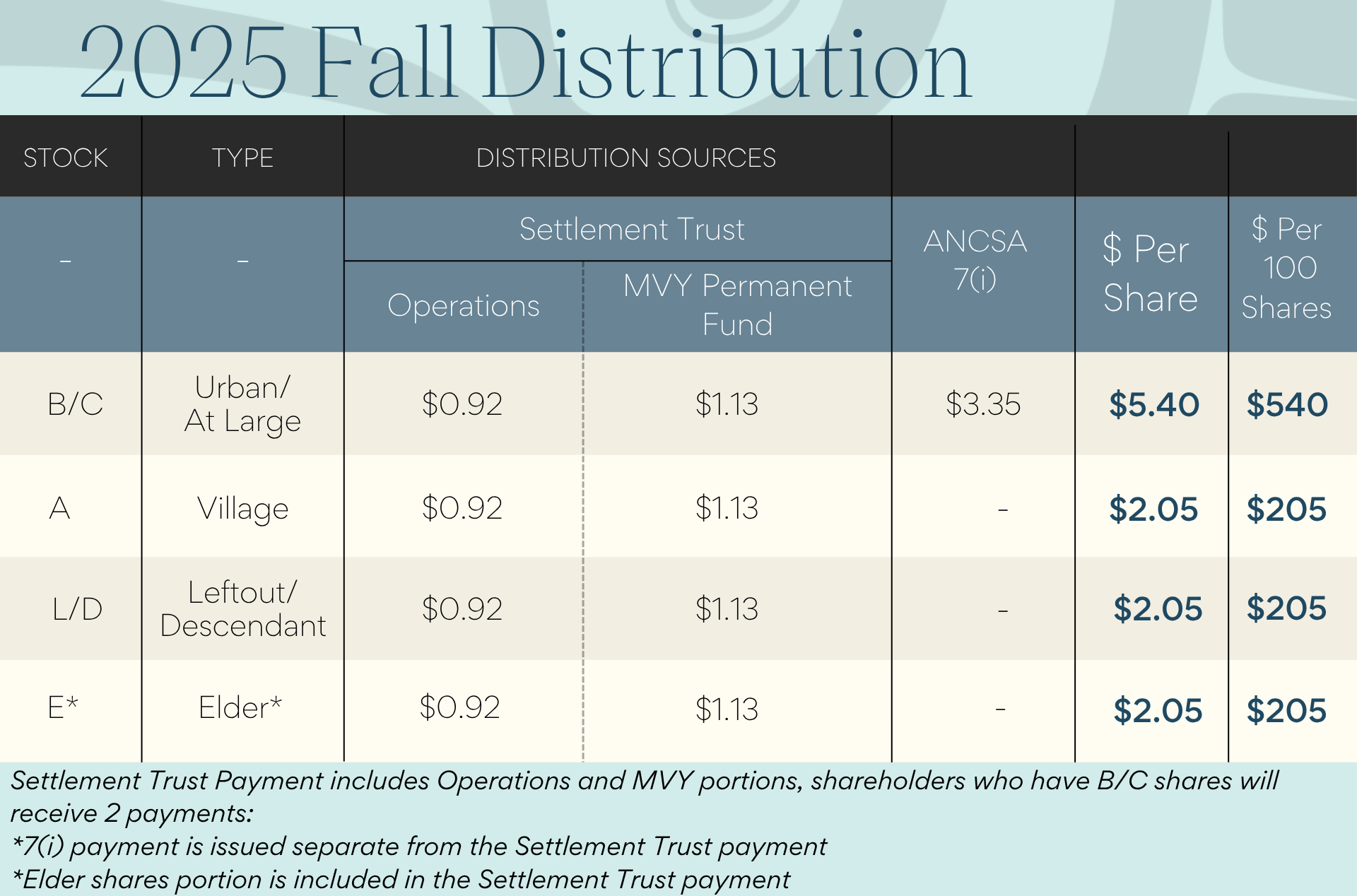Film is a mirror: Sealaska shareholder descendant Miciana Hutcherson reflects on Black History Month
Thursday, February 23, 2023

On Monday, Jan. 20, ‘Fancy Dance’—a film about matrilineal love and the complexities of family and care in Indigenous communities—premiered at Eccles Theater at the Sundance Film Festival in Park City, Utah.
Sealaska shareholder and descendant Miciana Áak’w Ta Sháa Alise co-wrote the film alongside Seneca–Cayuga filmmaker Erica Tremblay, who recently worked as a writer and executive story editor on Reservation Dogs at FX.

‘Fancy Dance’ confronts real and painful issues facing Indigenous women and families, but it also focuses on joy and happiness, which often gets lost in mainstream portrayals of Native communities.
Alise, who is Black and Tlingit, described the experience of watching ‘Fancy Dance’ on the big screen for the first time as simultaneously the most nerve-wracking and fulfilling moment of her life.
“Besides being a big moment for me, it was a big moment in moving the needle in an industry that has historically overlooked Native Women. We spent two years pouring our hearts and souls into these characters and the crafting of this story to honor our people and communities,” Alise said.
Just a few years ago, Alise was still on the cusp of her entry into the world of film. After earning a bachelor’s degree in Indigenous and American Indian studies at Haskell Indian Nations University, a Google search led her to Arizona State University’s film and media studies online program. The program provided her with access to mentorship, skill-building and career development resources without sacrificing flexibility and accessibility.
Since then, Alise’s talent and drive has set her career in motion and earned her a number of accolades, including her first feature script, ‘Nancy’s Girls,’ followed by acceptance into the Sundance Institute’s Indigenous Program and, most recently, into the inaugural cohort of Adobe Fellows.
Alise jokes that her passion for film and media comes from growing up in Southeast Alaska as a sub-par athlete.’ “When you’re raised in a place where you spend the majority of the year indoors to stay out the cold and rain, and you aren’t good at basketball, your imagination
becomes your best friend. I loved getting lost in movies and imagining what the world outside of Juneau looked like – how many different walks of life existed in the world.”
This made her a highly empathetic person, Alise said. But it also made her notice a trend in film – that the overwhelming majority of what we see on screen highlights the lives and stories of white characters. “I never saw myself,” she said. “My decision to become the person crafting the stories came from the craving to see people like me on the screen.”
Alise knows that the power to represent Black, Indigenous and People of Color (BIPOC) on screen comes with great responsibility . She believes that film and media plays a key role in the formation of self image, especially for young people, and it’s critical to portray the humanity, love and culture present in BIPOC communities on a world stage.
“Film is an acknowledgement, a historical record and a mirror.” Alise said. “What I share may not always be what others want to hear, or are ready to confront and embrace, but it will always be rooted in truth and love for who we are.”
She thinks of it like wearing a button robe, Alise said. “We carry our clan crests and our families with us when we wear our robes. We must act and speak responsibly because we represent our ancestors.”
Though the film industry has long excluded and misrepresented women, BIPOC, members of the LGBTQIA+ community and people with disabilities, Alise is optimistic about the future and energized by the increasing presence and influence of Indigenous creatives.
Still, there’s still a significant lack of representation when it comes to intersectional BIPOC identities – people like Alise herself, whose experience as an Afro-Indigenous woman doesn’t fit in a box.
“We can’t move some of our people forward and leave others behind because they don’t fit Hollywood’s stereotype,” she said. “Our stories [as Afro-Indigenous people] are just as vital as everyone else’s.”
February is Black History Month, a time which has become more and more important to Alise as she’s grown up, navigated her identity and watched the world around us change, she said.
“We see African American studies courses being banned from schools, Black lives being violently lost at the hands of those in positions of unchecked power and inequitable representation within government, business and other institutions,” she said. “Now more than
ever, we must keep telling Black truths and advocating for Black communities, whose contributions to society are irreplaceable, irrefutable, and imperative.”
Alise believes that learning about and honoring Black history—which she sees as deeply intertwined with Indigenous history— makes us better people. “I know without a shadow of a doubt that it’s made me better, as a human and a filmmaker,” she said.
Latest News
Notice of Sealaska's 53rd Annual Meeting of Shareholders
Pinned - Posted 2/12/2026The 2026 Sealaska Annual Meeting of Shareholders will be held on Saturday, June 27, in Angoon, Alaska. This year’s meeting will take place at the Angoon Elementary Gym, located at 500 Big Dog Salmon Road, Angoon, AK 99820.
Sealaska Welcomes Madeline Soboleff Levy
Posted 2/7/2026Sealaska welcomes Madeline Soboleff Levy as our new Vice President of Policy and Corporate Affairs.
Online Notary Service for Stock Wills
Posted 1/28/2026Sealaska is pleased to welcome Heather Shá xat k’ei Gurko
Posted 12/17/2025Sealaska is pleased to welcome Heather Shá xat k’ei Gurko as our new Director of Shareholder Communications.














